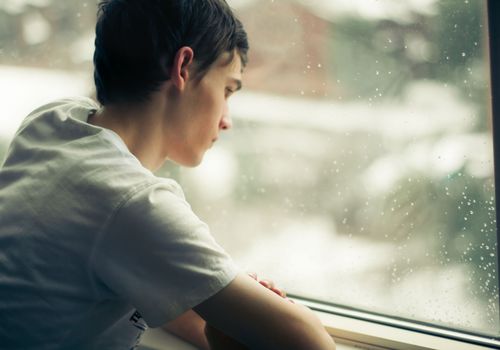Landscape architects and urban ecology researchers have always been trying to bring people more to the outdoors, make the most of urban parks and gardens, calling the public attention to issues such as nature deficit disorder, mental health consequences from spending our time mostly indoors, looking at phones or monitors… Today, the situation is calling Read More

